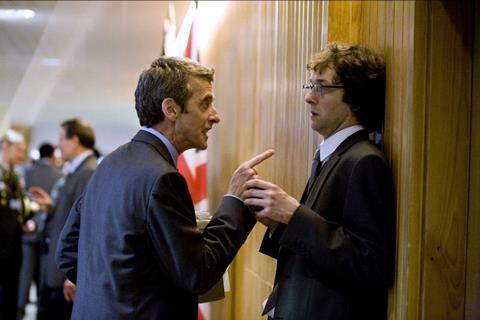The attorney general has defended her use of special advisers amid concern over politicisation of the law officers' role - but assured MPs that she is quite ‘traditional’ in her approach.
Barrister Victoria Prentis KC MP, whose career includes 17 years at the Treasury Solicitors’ Department, was appointed the government’s chief law officer last October. Appearing before the House of Commons justice select committee yesterday to discuss her role, Prentis was asked about the use of special advisers.
Committee chair Sir Bob Neill said: ‘One thing that is unusual that we’ve had with both yourself and your predecessor is the use of a special adviser. Why does an attorney need a special adviser? Sir Geoffrey Cox, for example, didn’t at the time of great pressure.’
Special advisers - known in Westminster as 'Spads' - are appointed to serve the prime minister and government as a whole. Cabinet Office guidance states that they can help ministers on matters where the work of government and the work of the government party overlap, and where it would be inappropriate for permanent civil servants to become involved.

Prentis told the committee that she and the solicitor-general shared the services of two ‘half’ special advisers for a ‘good reason’.
‘One of them we share with Downing Street,’ she explained. ‘He very much acts as a liaison between our work and the work of Downing Street and other government departments. He’s able to flag issues that are affecting other government departments with us and explain to us why matters are difficult or departments are under pressure, and vice versa, so I think that’s a really useful role.’
‘The other person we have half time is as a comms Spad. She spends quite a lot of her time enabling public understanding of the role of the AG and explaining in background terms to the press what the role of the law officers and government lawyers generally is, and how that fits, and why for example we don’t routinely publish our legal advice.’
Explaining his reason for asking, Neill said there was concern that the use of special advisers might be seen as a move towards greater politicisation of the attorney general role.
Prentis replied: ‘I think they are useful and I think it is useful to have somebody to help with more political aspects of the role and to organise those and to make sure civil servants are not asked to do that. But I would view both as quite useful for the workings of government generally rather than in any way trying to court a media presence or politicise the role. I’m quite a traditional attorney, I think, in my approach.’
Prentis said the aim of her role was to make law and politics ‘work together’.
This article is now closed for comment.



























4 Readers' comments